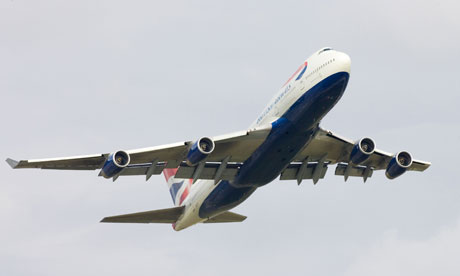
I've always thought it was normal to be scared of flying. You're stuck in a confined metal tube, thousands of feet in the air and someone you have never met before is driving. What is there not to be scared about?
What is fear of flying?
A phobia is defined as when the fear is disproportionate to the risk. Richard Conway, director of Virgin Atlantic's Flying Without Fear programme, says there are three core fears; fear of the fear itself, claustrophobia and fear of loss of control. Children can also be afraid of flying.
What causes it?
Some people are generally more anxious than others. But a single, turbulent flight can trigger a fear of flying, as can media reports of air crashes or acts of terrorism, the prominence of which can make the risk seem disproportionately large.
What are the symptoms?
You may feel anxious just thinking about flying, or experience fear more intensely for a few days or hours before your flight. Symptoms are those of anxiety and the fear of having a panic attack. A sensation of your heart thumping, breathing rapidly as if you can't get your breath, difficulty swallowing, chest pain, and diarrhoea, a dry mouth and a sense of impending doom are typical.
What can I do to stop being frightened?
Conway believes knowledge is power. Learning about how aircraft fly can remove your fear; the odds of engine failure are millions to one and it is virtually impossible for two engines to go. Hypnotherapy is also cited as a therapy. Arrive at the airport in good time; sit down and eat something and listen to music or whatever relaxes you. It's fine to have one alcoholic drink before you fly. Minor tranquillisers may help some people with some symptoms but won't treat the underlying cause and will make you drowsy.
What shouldn't I do?
Avoid anything that will increase your anxiety such as arriving at the airport at the last minute and drinking too much on board. Don't watch aeroplane disaster movies the night before.

